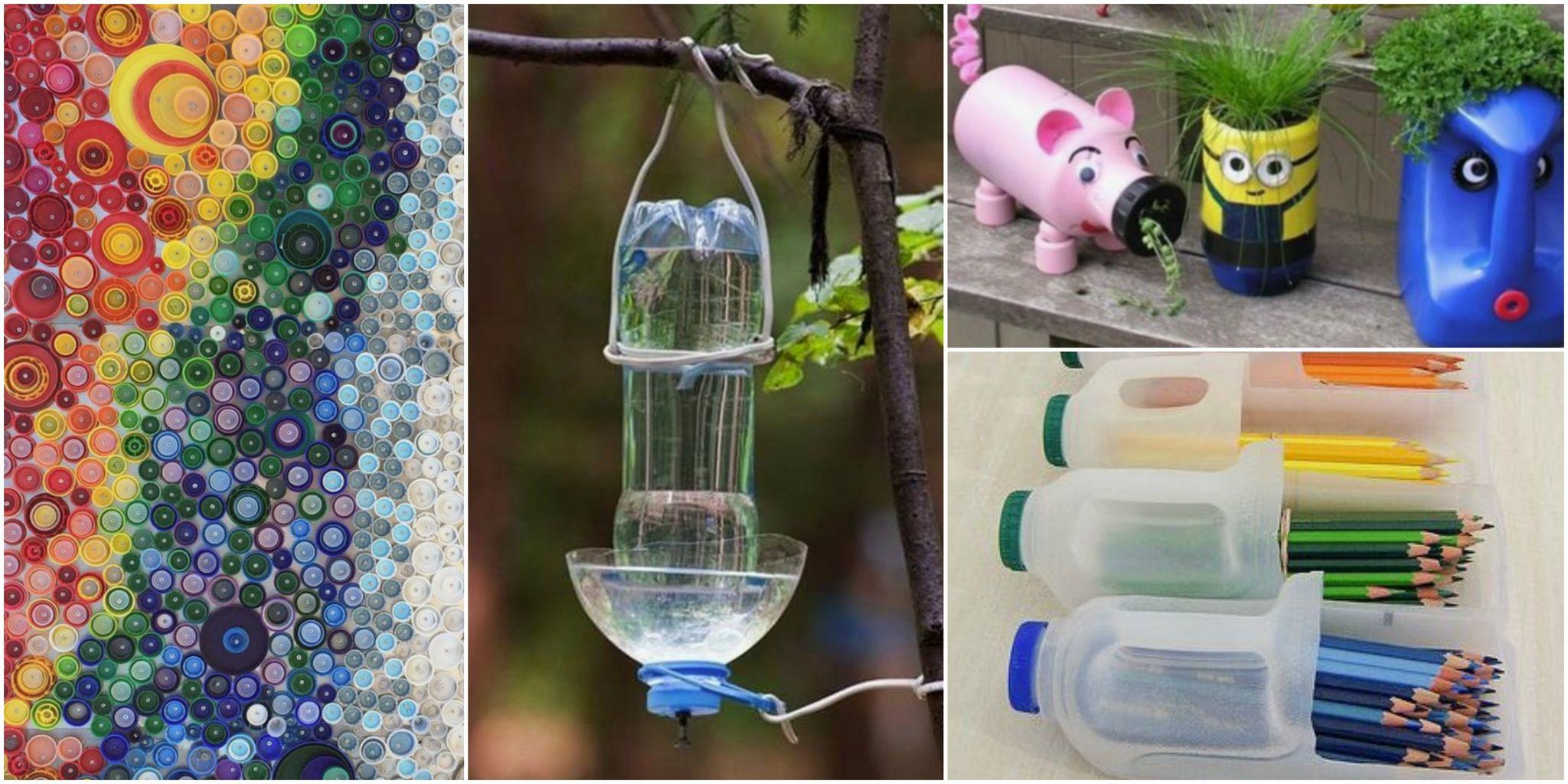
The proliferation of disposable goods has become one of the most pressing environmental concerns of our time. In the face of this challenge, contemporary artists are using a blend of video, audio, and photography to inspire change and provoke dialogue about our consumption habits. The innovative works of Maeung Gyun You and Chin Chih Yang offer powerful narratives that confront our throw-away culture, transforming everyday items into thought-provoking art.
Maeung Gyun You: Narratives Woven from the Everyday
Site-Specific Installations That Speak Volumes
Maeung Gyun You utilizes the unassuming medium of newspapers to create compelling site-specific installations that are deeply entwined with locality and temporality. The artist's meticulous process and imaginative vision elevate a mundane material to a level that challenges our perception of value and permanence.
From News to Narratives: The Alchemy of Art

By repurposing newspapers, a symbol of our rapidly moving world where today's headlines become tomorrow's waste, Maeung Gyun You invites the audience to reflect on the cyclical nature of information and its ephemeral status in modern society.
Chin Chih Yang: A Dramatic Stand Against Disposability
Visualizing Consumption: 30,000 Reasons to Rethink
In Kill Me or Change, artist Chin Chih Yang presents a vivid portrayal of our disposable culture with an installation comprising 30,000 aluminum cans. This staggering figure not only highlights individual consumption but also casts a shadow on the broader implications of our disposable habits.
Art as a Catalyst for Environmental Advocacy

Chin Chih Yang's work is a call to action, encouraging viewers to reassess their daily choices and the impact these have on the environment. By creating a visual dialogue about waste, Yang aims to spark an awakening towards sustainability and responsible consumption.
Travel: A Journey of Reflection and Responsibility
The fusion of travel with the thought-proving themes presented by the works of Maeung Gyun You and Chin Chih Yang can enrich our experiences. Travel not only transports us physically but can also shift our perspectives, encouraging us to engage with different cultures and their approaches to sustainability. As we explore new places, we carry with us the reflections inspired by these artists, making us more conscious of the environmental footprint we leave in the wake of our adventures. Through mindful travel, we can continue the conversation on disposable culture and contribute to the global movement for change—one step at a time.